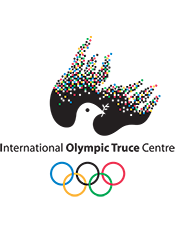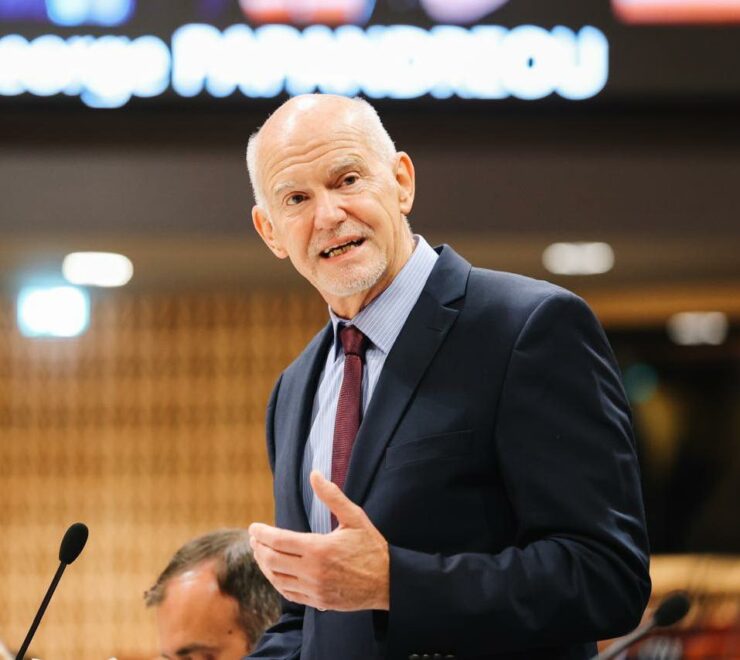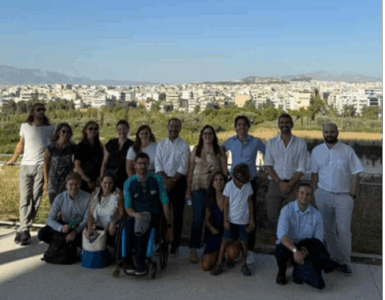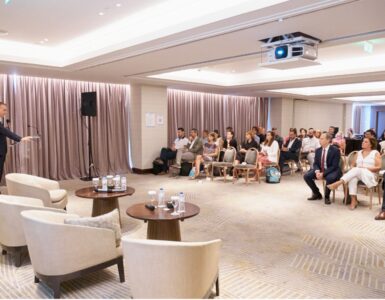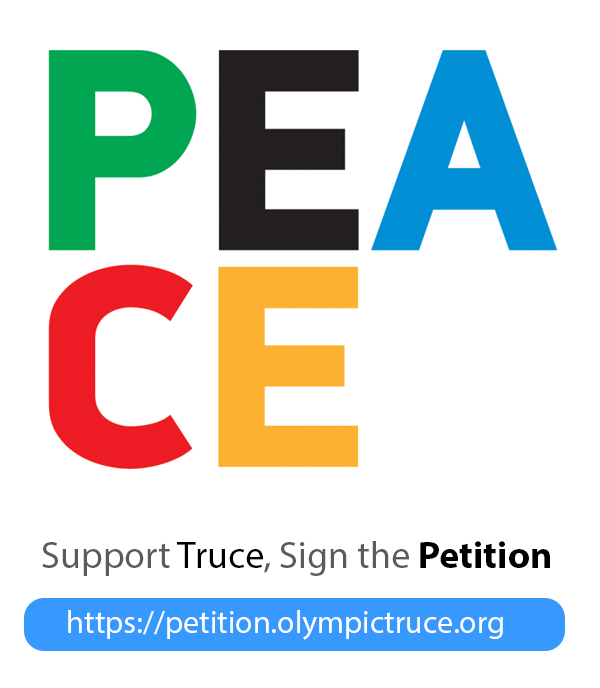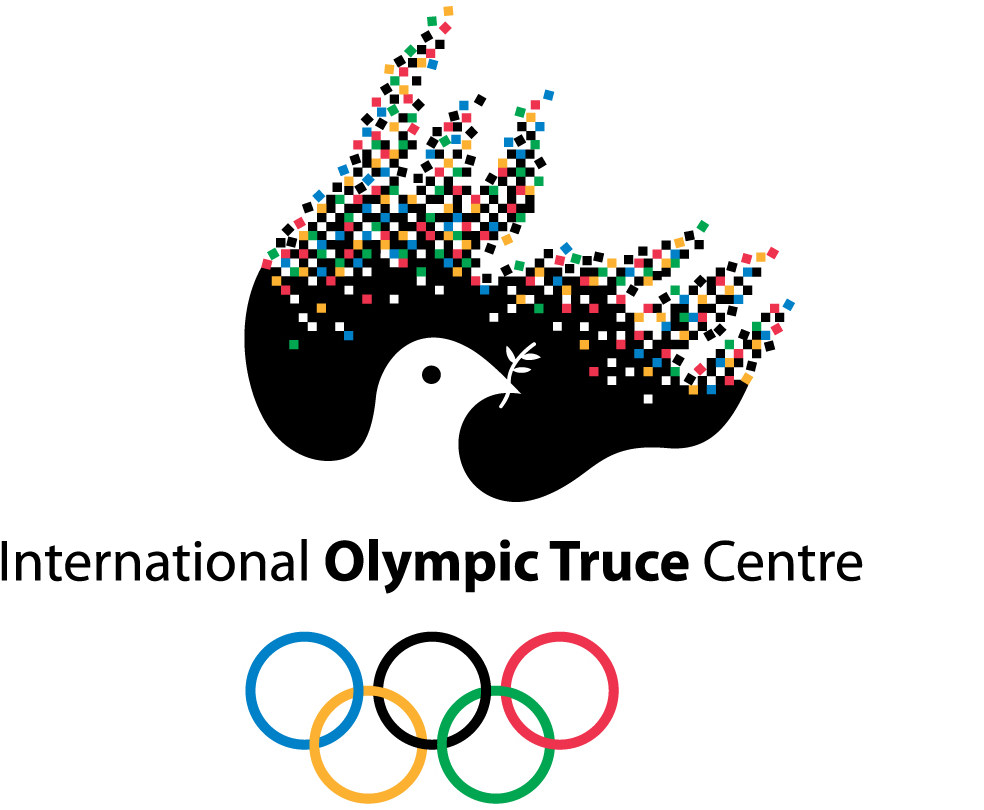On 5 June, the annual Board of Meeting of the International Olympic Truce Centre (IOTC) took place, where it was unanimously decided that former Prime Minister George A. Papandreou, until now Vice-President of the Board, will assume the role of President for the next four years, succeeding outgoing President of the International Olympic Committee, Thomas Bach.
The International Olympic Truce Centre (IOTC) was founded in July 2000, following a joint initiative of Greece and the International Olympic Committee, transforming the Olympic Movement’s commitment to promoting the principles of peace into tangible action. The initiative first took shape in 1998, when the Greek Government proposed to the IOC the institutional revival of the Olympic Truce in the new millennium. In December 1999, in a historic decision, the IOC announced the establishment of the IOTC, in cooperation with Greece.
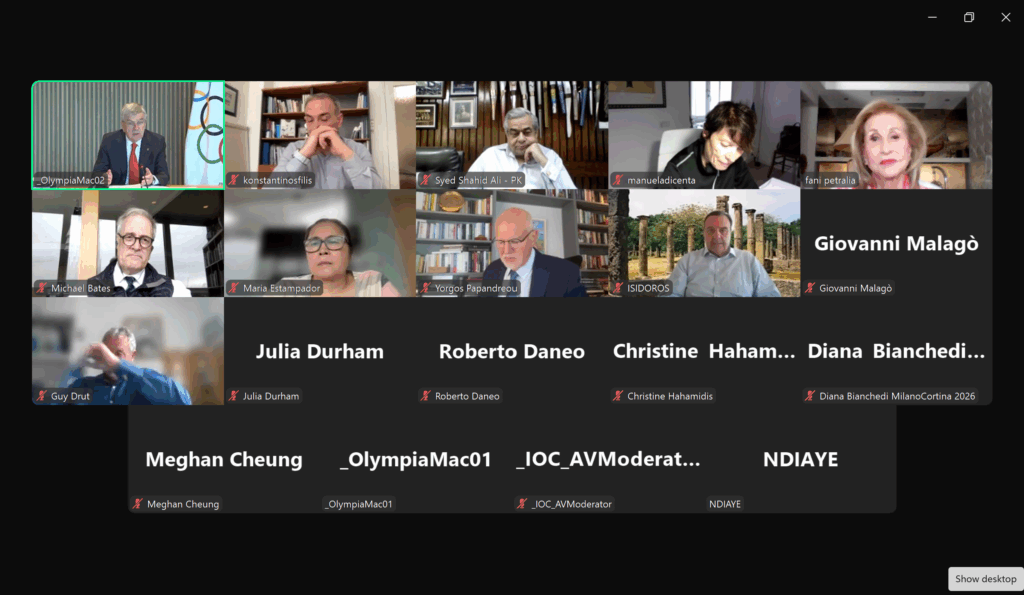
The mission of the IOTC is to promote the Olympic Values, Peace, Friendship, and international understanding. In particular, the Centre seeks to safeguard the Olympic Truce, aiming for the cessation of hostilities during the Olympic Games and beyond. Safeguarding the Olympic Truce requires raising awareness, encouraging leaders to take action, mobilising efforts to advance the Olympic Ideal, and educating young people in line with the principles of Olympism.
The revival of this ancient Greek tradition gives contemporary Games a deeper meaning, serving the broader and long-term purpose of cultivating and continuously advancing a Culture of Peace, based on respect for human rights, and the harmonious coexistence and prosperity of nations.
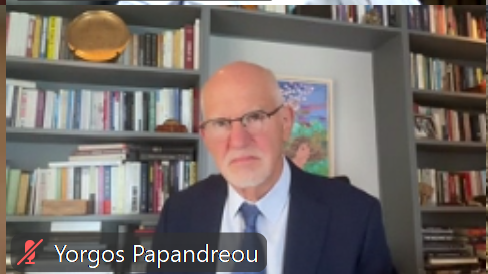
George Papandreou has been a long-standing advocate of reconnecting the Olympic Movement with its ancient roots and ideals. He has played a decisive role in the Centre’s efforts to shape significant international initiatives promoting the Olympic Truce.
Through his new role, he will continue to highlight the power of sport, culture, and fair play to nurture values, behaviours, initiatives, and actions that unite rather than divide, foster reconciliation, the rule of law, and dialogue, and embed a culture of peace and universality—especially among young people, the global citizens of tomorrow.
In today’s turbulent international environment, marked by active conflicts, geopolitical tensions, wars, and blatant violations of human rights, the need to revive this ancient Greek tradition is even more urgent, through the rejection of all forms of violence and armed conflict, and the promotion of the values of inclusion and respect for diversity.
